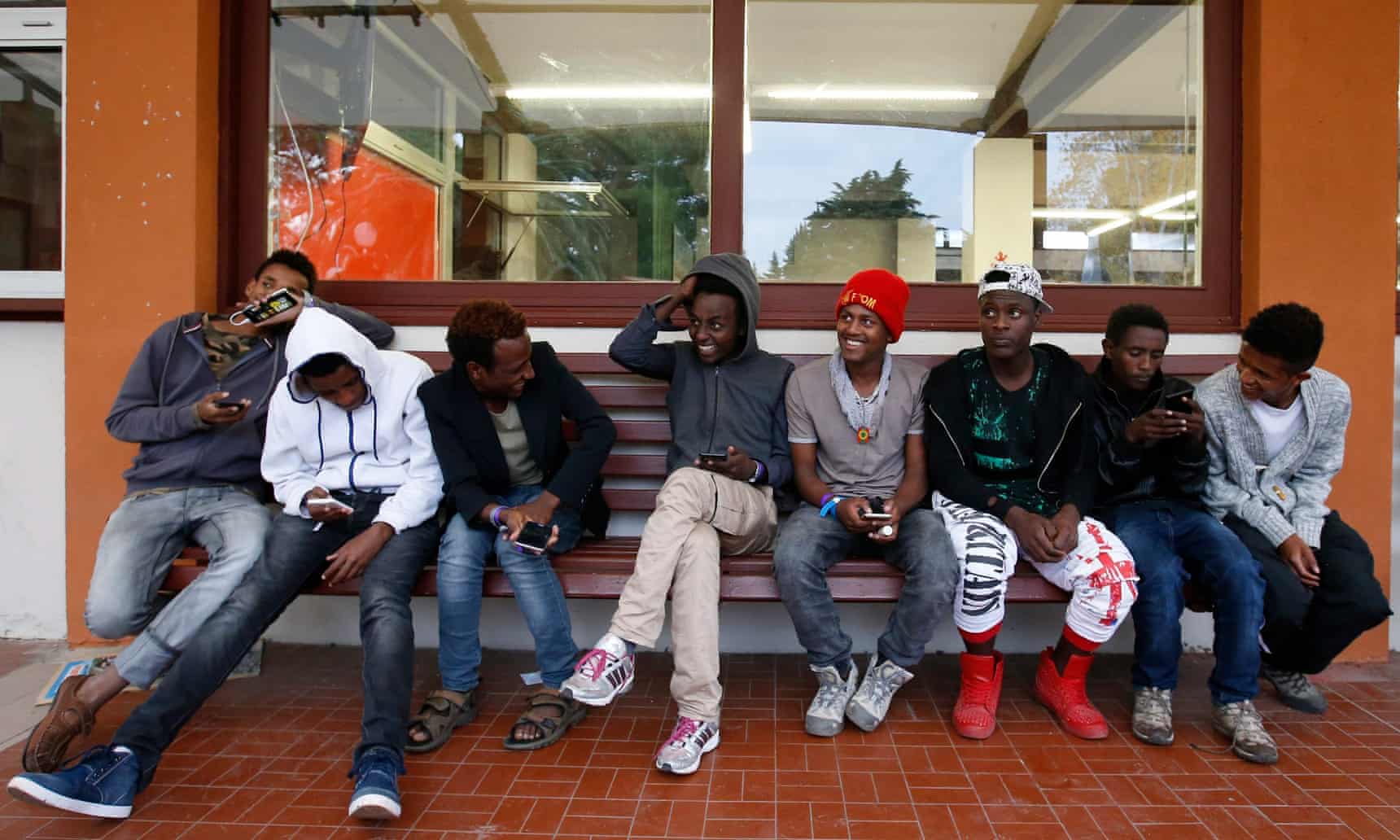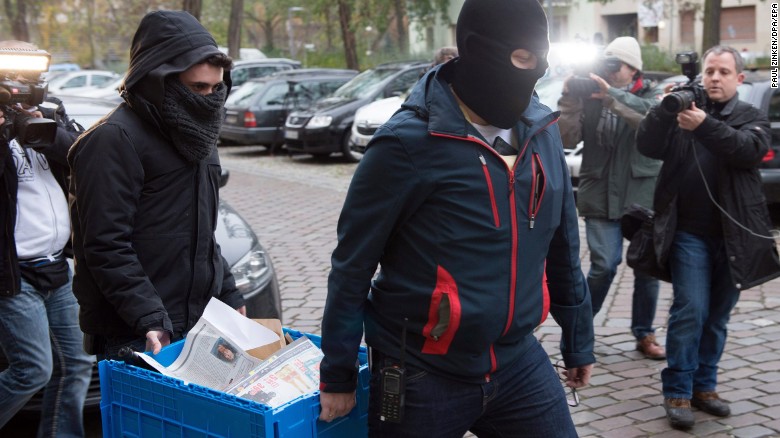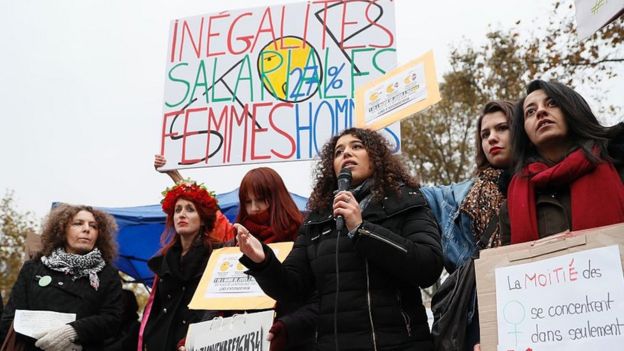By Sarah Lafen
Impunity Watch Desk Reporter, Europe
PARIS, France — Child refugees, who have been sent away from the migrant camp known as the “Jungle” in Calais, France to other parts of the country, have allegedly been forced into physical labor at their new locations.

Safe Passage, an organization run by the immigration charity Citizens UK, claims that refugee children are being forced to work on local farms without pay. Legal interviews of unaccompanied refugee children were conducted, in which minors told interviewers that they were ordered to work on farms picking apples for French supermarkets. The minors were too scared to refuse the work because they feared doing so would harm their chances of claiming asylum in the United Kingdom.
Of 33 teenage boys interviewed, one quarter admitted they have not been given clean clothes since arriving approximately four weeks ago. 39% of the minors who were interviewed said they felt better off at the Calais camp. On boy interviewed in Northern France told interviewers “[i]t is horrible. We worked all day picking apples and were left to eat the rotten ones. The rest went to be sold in France. We just want to be with our family in the UK.”
Many minors are considering or have already absconded from their base centers, as they are not being given enough information about the status of their asylum claims. Three of the boys have not spoken to anyone official regarding their asylum claim since their arrival at the center. Two of the boys interviewed said they were considering running away from the center they were living in, and two who were originally scheduled to be interviewed had already run away.
About one quarter of the boys interviewed said they had not received clean clothes since their arrival, however they all said they had access to shower, hot water, and at least three meals per day.
Rabbi Janet Darley, Citizens UK Leader, said that the group is “hugely concerned about the safeguarding of children in the CAOs in France.” Darley emphasized that while “the CAOs are, on the whole, safe places for the children to live, they cannot be used as an excuse to delay the transfer of children to the UK.”
In addition to taking part in forced labor, minors have also reported that they are being forced to share living accommodations with adults.
For more information, please see:
RT — Refugee Children from Calais Camp Forced to Work on Farms in France – Report — 20 November 2016
The Guardian — Child Refugees Forced to Work for Nothing After Leaving Calais — 19 November 2016



